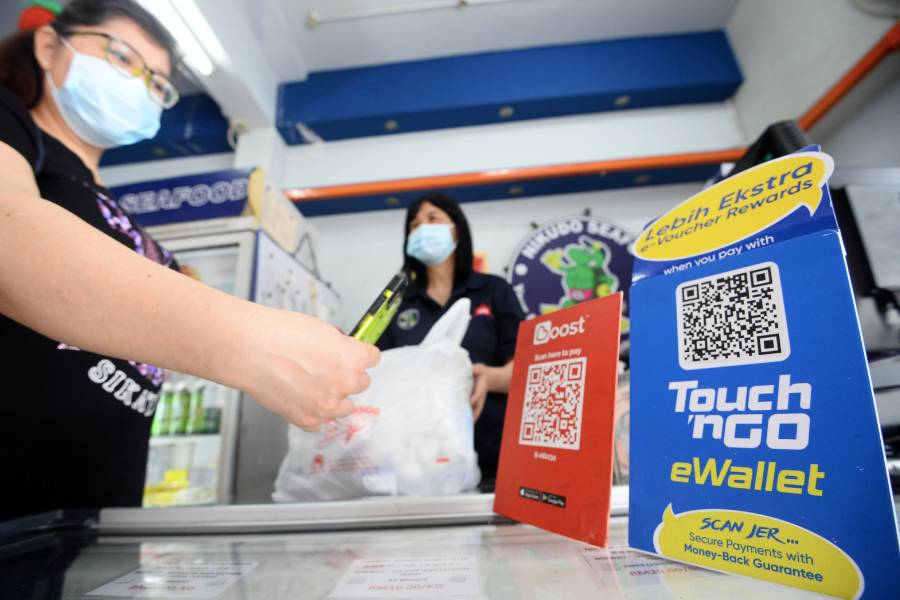NIELSEN MARKET SNAPSHOT: MALAYSIA
Ever since the global financial crisis in 2009, it’s the first time that Malaysia’s quarterly GDP has contracted with a steep fall of 17.1% in Q2 2020 due to covid-19 control measures in the form of lockdowns and movement control. Being the third largest economy in Southeast Asia, sectors such as tourism, manufacturing and investments are under pressure in Malaysia.
The consumer confidence index reported for Q2 2020 is at 97[1], down 10 points from Q4 2019 as a vast majority of consumers (83%) said that the economy is under recession. According to CCI survey, over half of consumers are concerned about the economy (54% of consumers), aside from concerns on job security (35%), health (33%) and work-life balance (16%).
Hari Raya Aidilfitri—considered to be the one of most important festivals in Malaysia was different this year amid the implementation of MCO[2] and, like no other previous Raya celebrations, this year nearly half of consumers preferred staying at home and many consumers also said they were purchasing items such as automobiles (24%), furniture (21%) and phones (20%) much less than before covid-19[3]. Eating at home dominated more this year with 43% of consumers in favour of home feasts instead of dining out and take-aways—a notable change in festive season purchasing and consumption patterns recorded over the years.
On the FMCG front, consumers also switched brands in categories like household cleaners (46%, up 9 percentage points), bodycare (44%, up 6 p.p), staples (44%, up 6 p.p), milk based products (41%, up 6 p.p)[4] and tea/coffee (36%, up 10 p.p). Online FMCG sales contributed to 8% of total FMCG sales and grew by 80% in sales in March this year, versus the same period last year.
As the market rebounds amid Covid-19, Nielsen study[5] suggests that the impact on FMCG consumption will be characterized by consumers’ wallet adjustments due to income uncertainty, changing repertoires of categories and items going into consumers baskets as health and safety take precedence, revised consideration of product attributes and preferences of product origin among others. Consumers will think about their relationship with preferred choice of brands in a new way depending on the refreshed tone and narratives.
In a highly dynamic landscape, FMCG companies are faced with challenges to relook at their product portfolios with rather simplified assortments and consider how to reimagine the retail experience as consumers look forward to evolved experiences outside their newly formed homestay habits.
[1] CCI - Consumer Confidence Index by The Conference Board Global Consumer Confidence Survey conducted in collaboration with Nielsen
[2] MCO - movement control restriction in Malaysia on account of covid-19 spread
[3] Nielsen COVID-19 Tracker Malaysia | Period: Week 3 APRIL DATA
[4] Nielsen COVID-19 Tracker Malaysia | Week 1 MAY Data +/- comparison with Week 2 MARCH Data
[5] Nielsen: Covid -19 Future Consequences | July 2020











